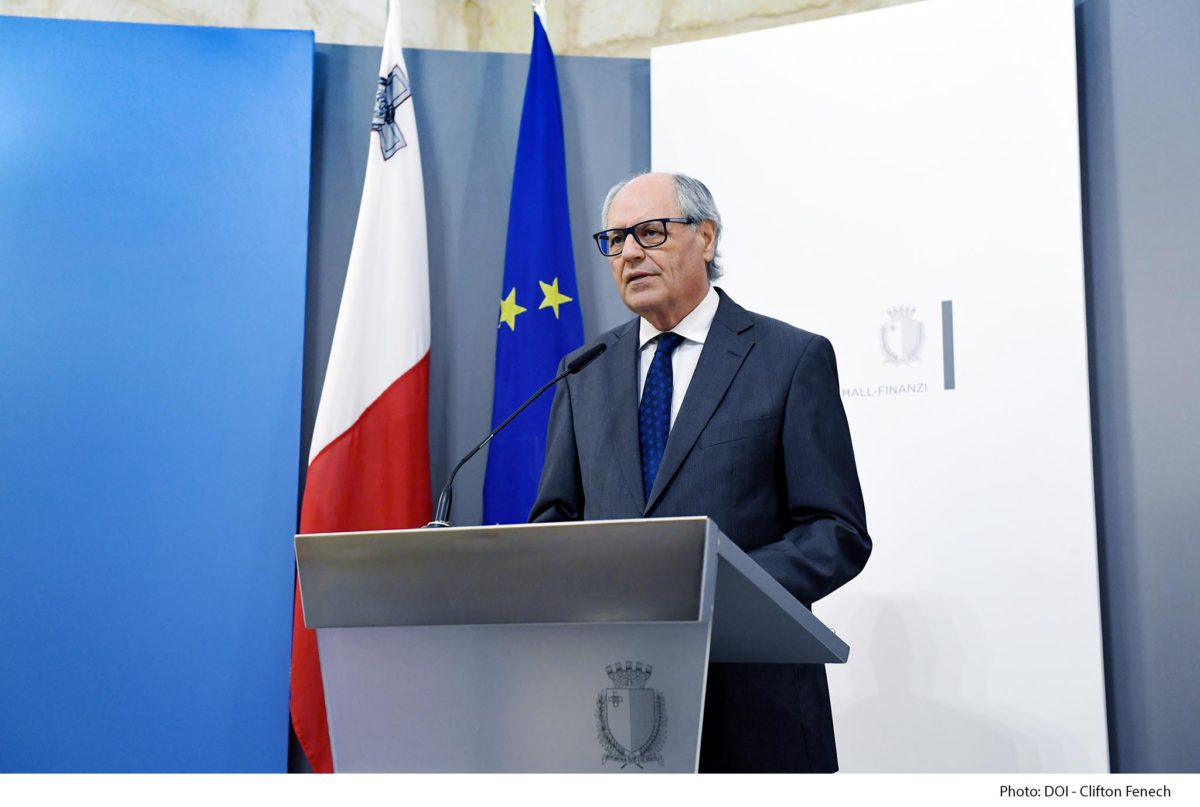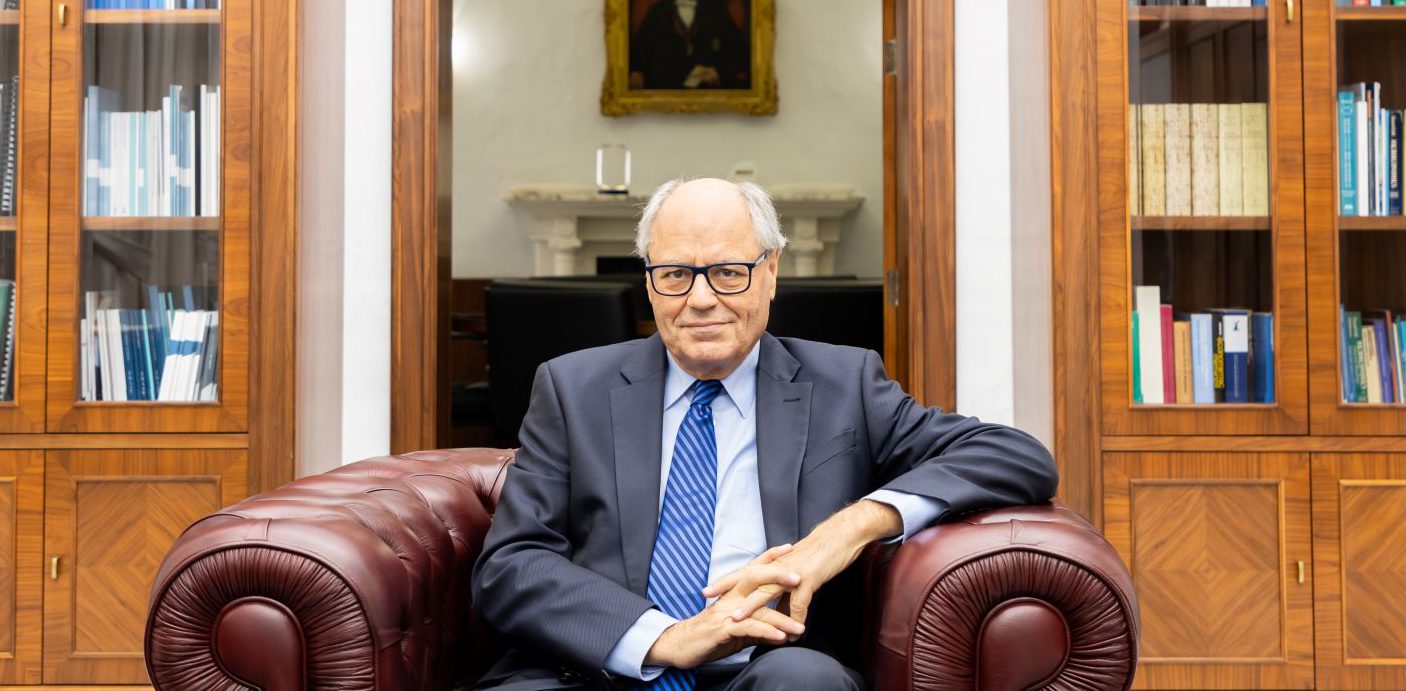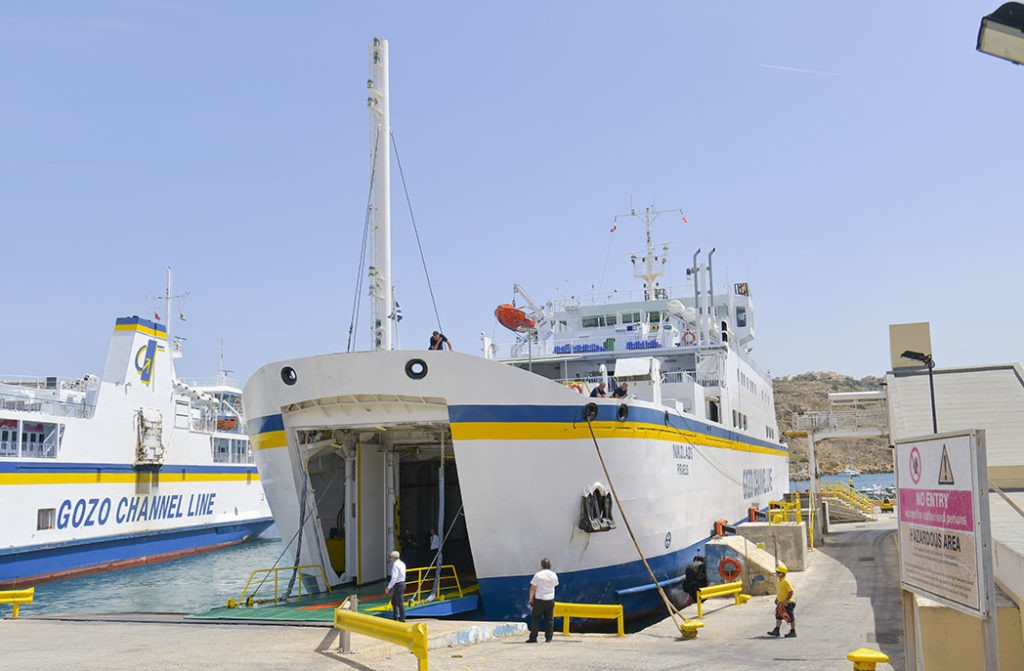Amid a worldwide pandemic, unrelenting economic pressure, and global political shifts, former Minister for Finance and Financial Services, Edward Scicluna, is hopeful that Malta’s economy can bounce back in 2021.
Following the announcement of the fiscal figures for Malta in the 2021 Budget by the former Minister, Malta’s economic realities were swiftly brought into focus.
A decrease of 7.4 per cent in Gross Domestic Product (GDP) is being anticipated in 2020, followed by a projected rebound of 6.4 per cent in nominal terms in 2021.
Prof. Scicluna, who stepped down from his Ministerial role in November 2020 and his position as MP this month, to take up the position of Central Bank Governor on 1st January 2021, begins by saying that, in all his political and professional career, he has never experienced undertaking an economic forecast amid such uncertainty.
“One day you’re so hopeful and the next you’re so despondent,” he says, adding that recent successful vaccine trials have raised hopes in the fight against COVID-19, which in turn will raise confidence.
“I think we’re now safe to say that, whether early or late in the year, 2021 should see us slowly getting back to normality.”
The recovery will not be complete, however – “the repair of the economy and public finances will take some time, but repair we must.”

Diving into an assessment of the current state of Malta’s economy, Prof. Scicluna separates the tourism sector from the rest. Beginning with other economic sectors that are strong contributors to Malta’s GDP, he says that manufacturing has been adversely affected due to impacts on the global supply chain, but while serious, it hasn’t suffered a complete shutdown.
Other sectors, namely financial services – particularly insurance – the maritime industry, and iGaming, have been coping fairly well. “For these sectors, in 2021, even if the first quarter is slow, there are another nine months to make up,” he asserts.
“As for the tourism sector, we are expecting the recovery to be longer. However, I am hopeful that people will want to travel again soon and make up for all the restrictions they’ve been subjected to over the past year.”
On the fiscal side, Prof. Scicluna has reason to believe that Malta’s economy will pick up once a vaccine becomes widely available.
“It is a reasonable expectation that 2019 levels would be regained in 2021,” he asserts, but is under no illusion that the projected Government deficit – of 5.9 per cent in 2021 – is a reality that needs to be contended with.
“When we talk about a deficit, we’re saying that there aren’t enough revenues this year to meet the recurrent expenditure and thus we need to borrow. It’s a serious decision – borrowing means postponing the revenue burden to the future; not necessarily in the form of taxation, but expenditure in the future will be constrained. We took the decision seriously, but we had to take it,” he says. He adds that the Government wage supplement for businesses was critical, “like giving oxygen to someone who would die without it.
The same applies to the voucher scheme. Such measures cost money, but they are needed to keep confidence,” he asserts. “They won’t make people rich or compensate for the loss of demand, especially the millions of euros lost from the tourism sector and the many businesses tied to it, but they are a necessary sacrifice, and we hope that they will help see us back to normality with as little permanent damage as possible.”
Prof. Scicluna asserts that Government is preparing for a fiscal deficit in 2021 and possibly for the following year or two, until a return to a balanced budget is foreseen. “The aim is to keep the deficit within reasonable margins. Although our projection is over three per cent by far, we should ideally stay below the 60 per cent debt to GDP ratio, which is crucial,” he asserts.
“It’s psychological, it’s correctible, and the effort required by the taxpayer will not put us in the same situation that the UK is in today, where debt has exceeded the 100 per cent mark, and so you face the inevitable, taxation, which doesn’t encourage business and the workforce.”
The projected economic rebound of 6.4 per cent in 2021 is based on some optimism, and Prof Scicluna believes such a bounce back is possible because “we have avoided so far inflicting irreparable damage to the economy. A total lockdown has done irreparable damage to whichever country undertook it. I’m not saying it could have been avoided, but it is a break peddle that you press in a state of panic,” he asserts.
“The threshold is the capacity of the health system to cope – it’s as simple as that.” Prof. Scicluna adds that a partial lockdown, as Malta undertook, also appears daunting to the average citizen – “empty streets, empty hotels, empty shops – but that’s just on the surface,” he asserts.
“We shouldn’t be fooled that the whole economy is at a standstill because a curfew is introduced or restrictions are imposed. The main beehive of activity is still going – insurance, financial services, the banks, manufacturing, construction; all these industries kept going, which kept the engine warm and active.”
Looking ahead towards long-term challenges, Prof. Scicluna cautions against Malta dragging its feet on some of the most pertinent global issues of our time – notably climate change.
“All around us, things are changing,” he says, and references the European Investment Bank (EIB), which is debating whether to withdraw support for new airports, according to a new strategy that seeks to align the bank’s investment planning with the Paris Agreement by the end of 2020.
“When we talk about climate change and the green economy, these involve drastic changes that will affect our lives and our businesses. I fear sometimes we get too distracted by petty local things to consider properly the world beyond us,” says Prof. Scicluna.
“The same goes for digital – it’s not just about using technology for a particular sector such as exports; we have to undertake it within our society, our businesses. How much are we moving towards this paperless economy?
It merits a lot of training, investment, and thought. As I mentioned in the Budget, the two big issues of the future are the green economy and digitalisation. But a lot of work needs to be carried out still.”
Prof. Scicluna believes that COVID-19 will be a watershed, and likens it to the aftermath of WWII, which saw the setting up of major international institutions like the United Nations and the IMF. “Till this day, we talk about ‘before and after’ WWII. I think the same will happen with COVID-19, and, just like after the war, there are going to be big changes. I would expect the leaders in the private sector to come together with the Government, and for everyone to put their heads together and discuss these major changes.”
This interview was first carried in the 2021 edition of Economic Vision
New EIB and BOV partnership channels ‘fresh financing to Maltese businesses’
Th banks say this initiative is designed to enhance the working capital and investment capacity of Maltese mid-sized firms
Passenger traffic between Malta and Gozo grew by nearly 8% in Q2 2025
Vehicle crossings and fast ferry usage also surged
New Malta-backed incubator to fuel Europe’s semiconductor startups
The ChipStart EU program provides a one-year, no-cost incubation opportunity for semiconductor startups in the European Economic Area






